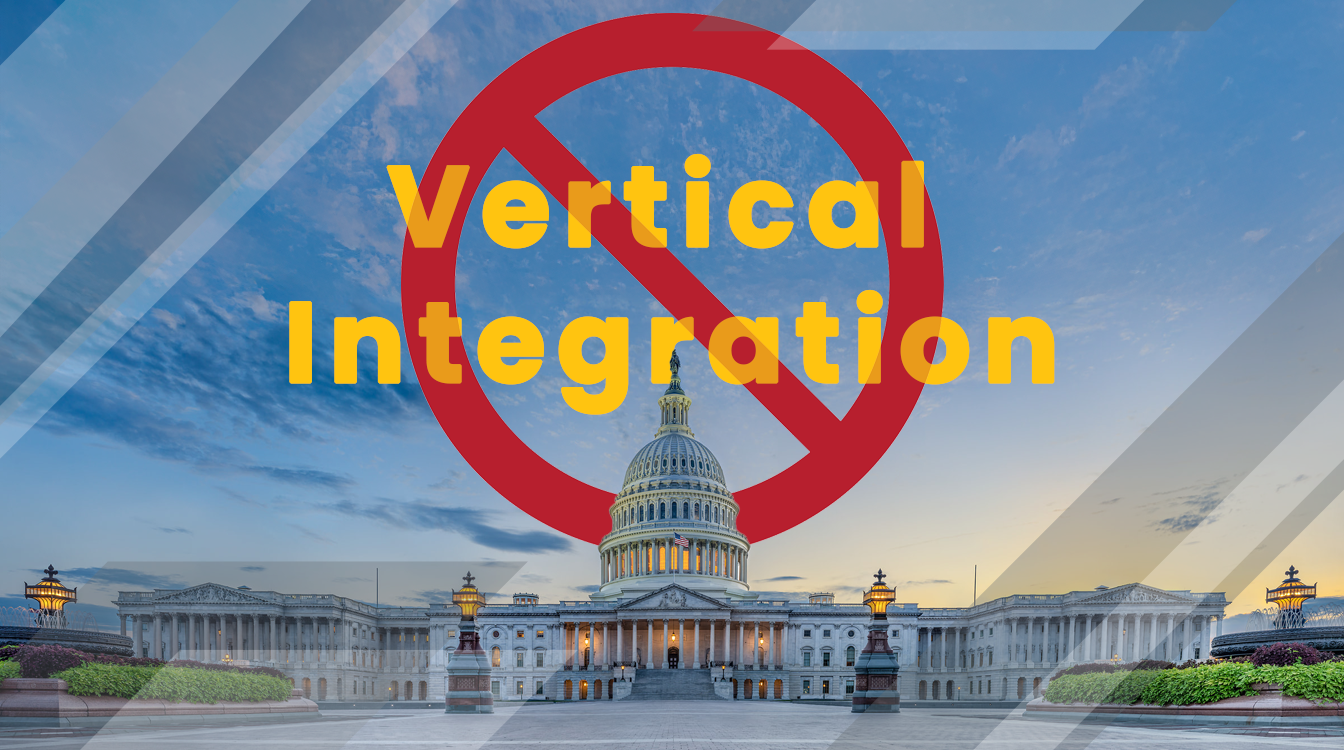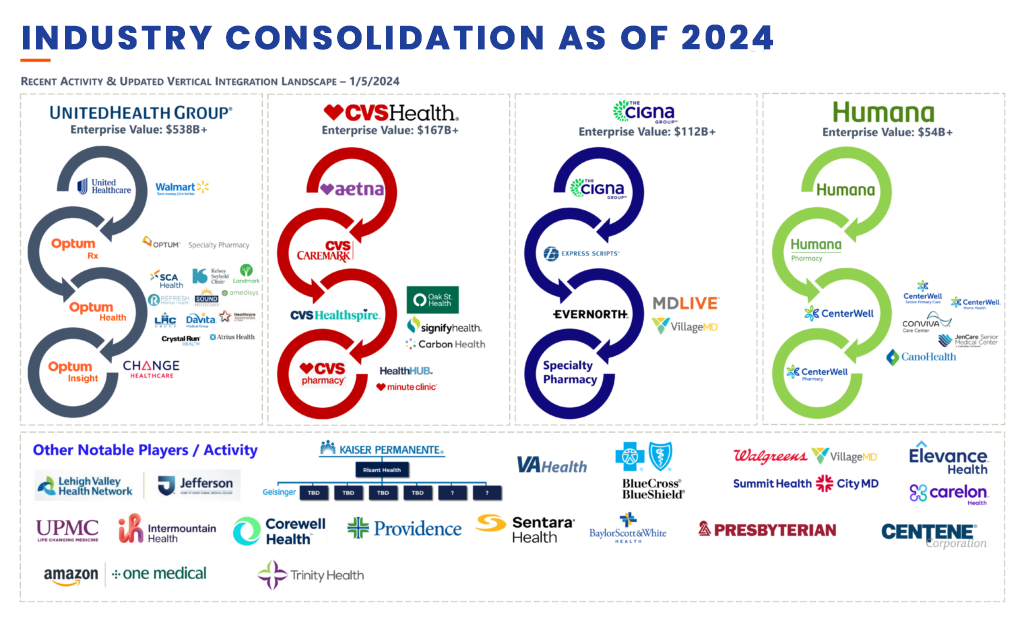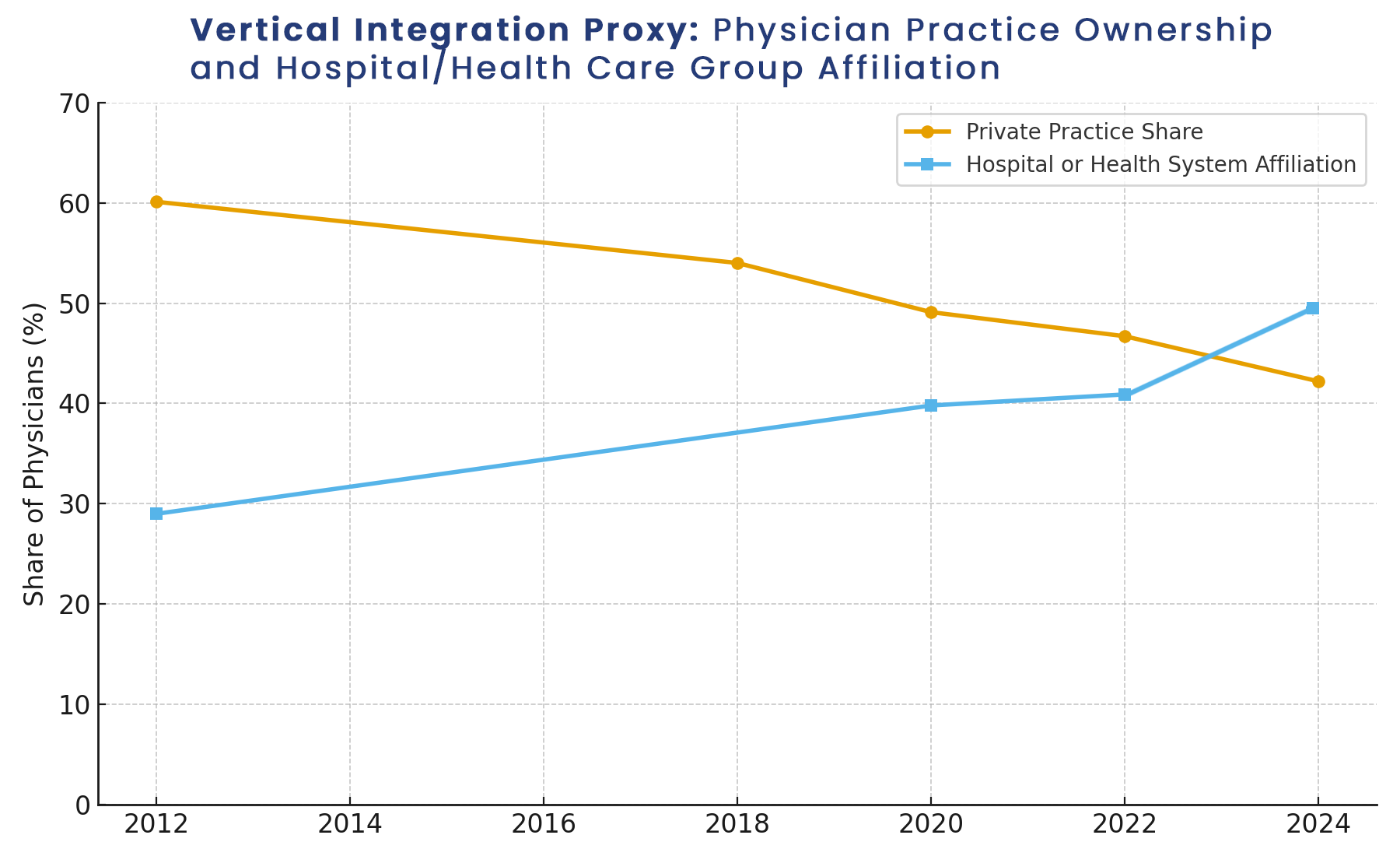New Legislation Targets Insurance Industry Consolidation in Healthcare
Patients Over Profits Act: What It Means for the Insurance Industry
The insurance industry is once again at the center of the healthcare policy debate. A new bipartisan bill, the Patients Over Profits Act, is making waves in Washington. Introduced by Senators Jeff Merkley and Elizabeth Warren, along with Representatives Val Hoyle, Pat Ryan, and Pramila Jayapal, the legislation takes direct aim at insurance-driven consolidation in healthcare.
At its core, the bill would block large for-profit insurers and their subsidiaries from acquiring independent health providers that operate under Medicare Part B or Part C. It goes further by requiring insurers that already own such providers to divest and prohibiting the Department of Health and Human Services from contracting with Medicare Advantage organizations that hold ownership stakes in these providers.
Why Policymakers Are Concerned
The push for this legislation stems from a simple but contentious question: does consolidation improve or harm patient care?
Lawmakers argue that when insurers acquire healthcare providers, the balance of power shifts away from patients and toward profit margins. The result, they say, is higher costs, reduced access, and declining care quality.
“Consolidation in healthcare has created monopolies where insurers control the care, the coverage, the pharmacy, and even the software behind it. That’s not competition, that’s control.”
— Rep. Pramila Jayapal
Examples abound. In Oregon, local reports highlighted physician attrition and patient displacement following an Optum acquisition. In New York, critics point to regional monopolies where insurers, providers, and pharmacy benefit managers all fall under the same corporate umbrella, driving up costs and limiting patient choice.
What the Bill Would Do
The Patients Over Profits Act lays out several key provisions designed to change how insurers interact with the provider side of healthcare:
-
Prohibit large insurers from buying Medicare Part B or Part C providers.
-
Mandate divestiture for insurers that already own these providers.
-
Block HHS from contracting with Medicare Advantage organizations that maintain ownership of providers.
-
Empower the Federal Trade Commission (FTC) and law enforcement to enforce compliance through civil action.
Together, these measures aim to untangle financial incentives that lawmakers believe compromise patient care.
What you’re seeing
-
The private practice share of physicians declines from 60.1% in 2012 to 42.2% in 2024. American Medical Association
-
The share working directly for hospitals or in hospital-owned or joint practices rises from 29.0% in 2012 to 39.8% in 2020, and 40.9% in 2022.
Physician employment has shifted steadily away from private practice and toward hospital or system ownership since 2012, a clear marker of vertical integration’s rise in clinical delivery.
Industry Reaction and Advocacy Voices
While the insurance sector has not been silent, much of the public commentary has come from advocacy groups. Organizations like the American Economic Liberties Project, the Center for Health and Democracy, and Physicians for a National Health Program have voiced strong support, emphasizing the risks of vertical integration in healthcare.
“When payers own providers, the game changes. Cost control and quality improvement take a back seat to shareholder returns.”
— Dr. Ana Malinow, Physicians for a National Health Program
For insurers, however, the legislation could present new compliance and operational hurdles. The industry has long argued that payer-provider integration can streamline care, improve outcomes, and reduce inefficiencies. This bill challenges that narrative, opening the door for a broader debate about what kind of healthcare system the U.S. wants to sustain.
What Comes Next for the Industry
If passed, the Patients Over Profits Act would mark one of the most aggressive federal interventions into payer-provider consolidation to date. Even if the bill stalls, its introduction signals that lawmakers are paying closer attention to how insurance ownership structures affect patients and providers.
For insurers, this means:
-
Reassessing acquisition strategies, particularly those tied to Medicare Advantage markets.
-
Preparing for potential divestitures or contract restructuring.
-
Considering how advocacy groups and public perception might influence legislative momentum.
Final Thoughts
The insurance industry has always been a lightning rod in the healthcare conversation. This latest legislation underscores a growing skepticism toward consolidation and the long-term consequences it carries for patients and providers alike.
The real question now is not whether consolidation will continue but whether lawmakers, regulators, and the industry can strike a balance between efficiency and accountability.



